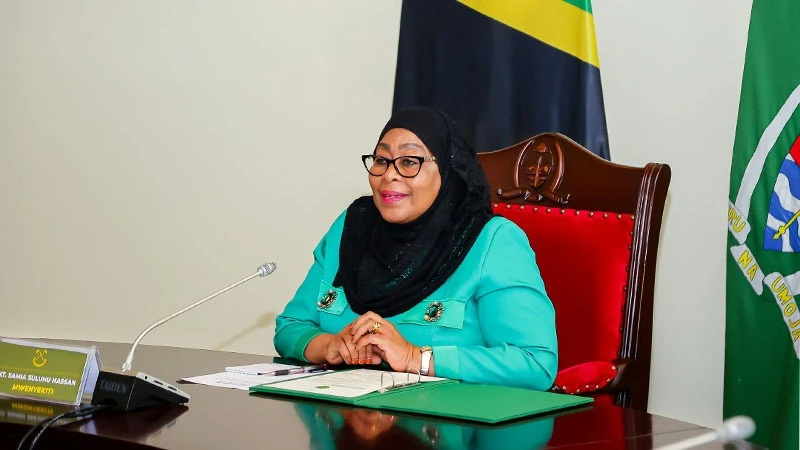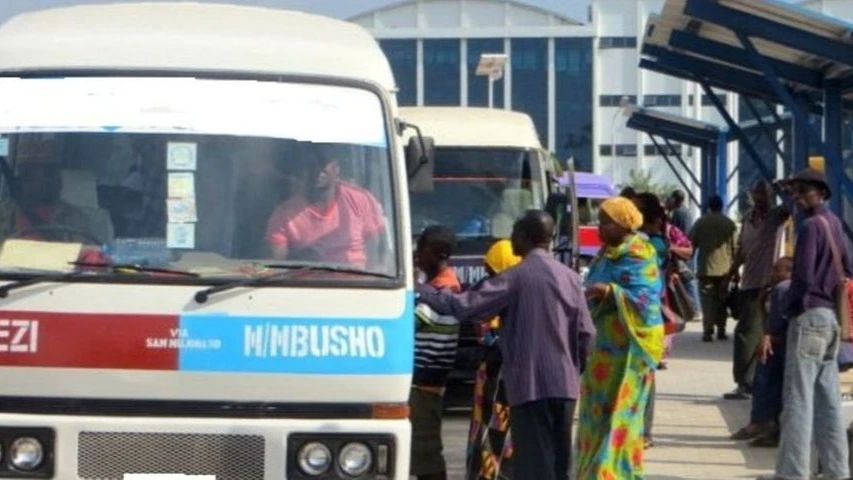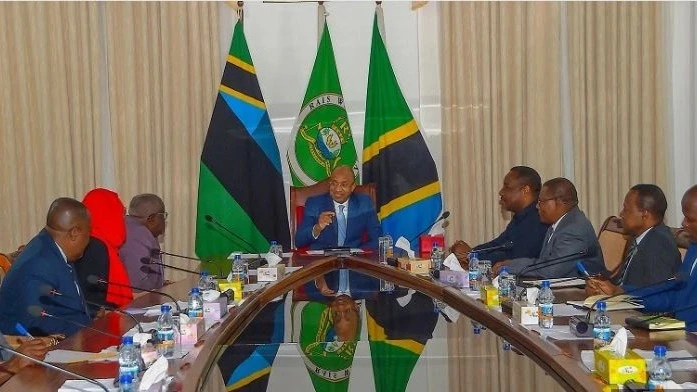Interesting link between IMF support pledge and govt’s readiness on execution of reforms

THE International Monetary Fund has just announced a loan and budgetary support arrangement for Tanzania, under which US$935.6 million (2.45trn/-) in concessional lending has been approved for climate change mitigation.
Analysts see this as especially timely as it comes at a time of intense and at times passionate exchanges among our lawmakers, with rising debt commonly attracting resonating voices of concern in civil society, chiefly research groups.
The parliamentary dimension is a sort of spillover as MPs are more concerned with rising taxes, various price hikes, etc.
An IMF statement towards the end of the week showed that US$786.2m (2.06trn/-) in the package will be channelled into climate action while US$149.4m (392.17bn/-) is intended for budget support.
Chances are that these expectations were already embedded in the latest government estimates for the new (2024/2025) financial year, and was thus only confirmatory of the realism of government proposals. There has at times been significant gaps in budgetary projections and disbursements.
What accompanied the IMF’s loan and budget support statement was a laudatory assessment of the country’s fiscal policy and investment climate generally.
There was substantive acknowledgement of commitment to climate action and economic stability, while the whole issue of strengthening resilience to climate change challenges was at best an affirmation about opportunity, etc.
In that case, it is unclear just where the balance or emphasis stands – between supporting ambitious reform efforts and implementing climate policy.
That is why there should be few surprises if commentators take note of initiatives addressing risks and challenges associated with climate change to enhance the resilience of the Tanzanian economy.
When this is taken up without considering economic reform and stability or growth restoration, the key to this facilitation move is missed out.
IMF isn’t just financing climate change risk mitigation but this is located within a wider reform effort. Those familiar with World Bank/IMF language will not be surprised that reform is tacked underneath.
There was an affirmation given in global media, definitely sourced from an executive summary or overall assessment, but it singularly lacked in domestic reporting on the statement as well as the facility.
It was the idea that Tanzania had met a number of critical benchmarks to facilitate the issuance of a climate risk facility or, more accurately, the Resilience and Sustainability Facility.
This component, billed at roughly US$786m, will support efforts to build resilience to climate change, tied up with an observation that the government is committed to implementing reforms to ensure macro-financial stability. Of course, this is already in place.
Definitely, yes, but how stable is it, and to what extent does the debt buildup enhance inbuilt risks with more loans and slow reforms?
President Samia Suluhu Hassan was particularly explicit in a reminder to top bureaucrats as to what now beckons in aid policy scenarios or multilateral aid ‘conjecture’. She aptly noted that the visible climb to lower middle-income status implies removal of both concessional loans as obtained lately and debt cancellation.
Top Headlines
© 2024 IPPMEDIA.COM. ALL RIGHTS RESERVED

















